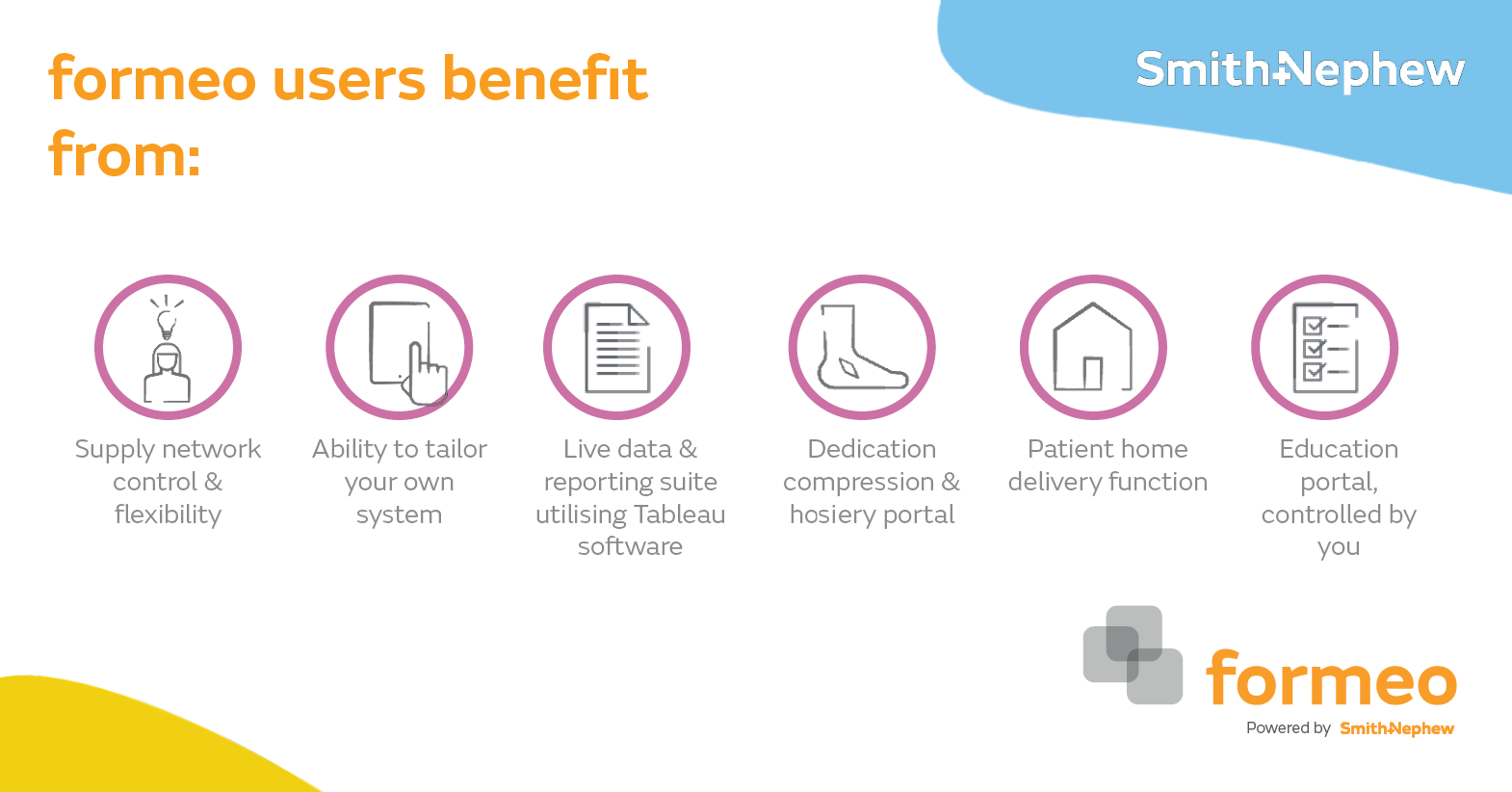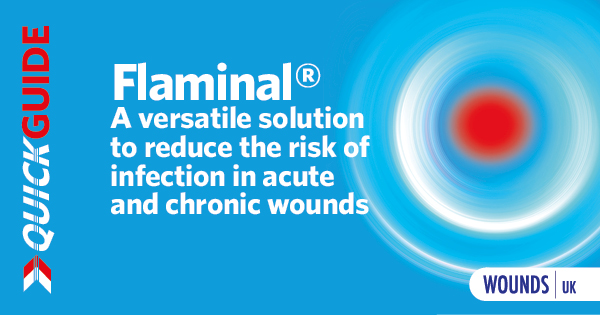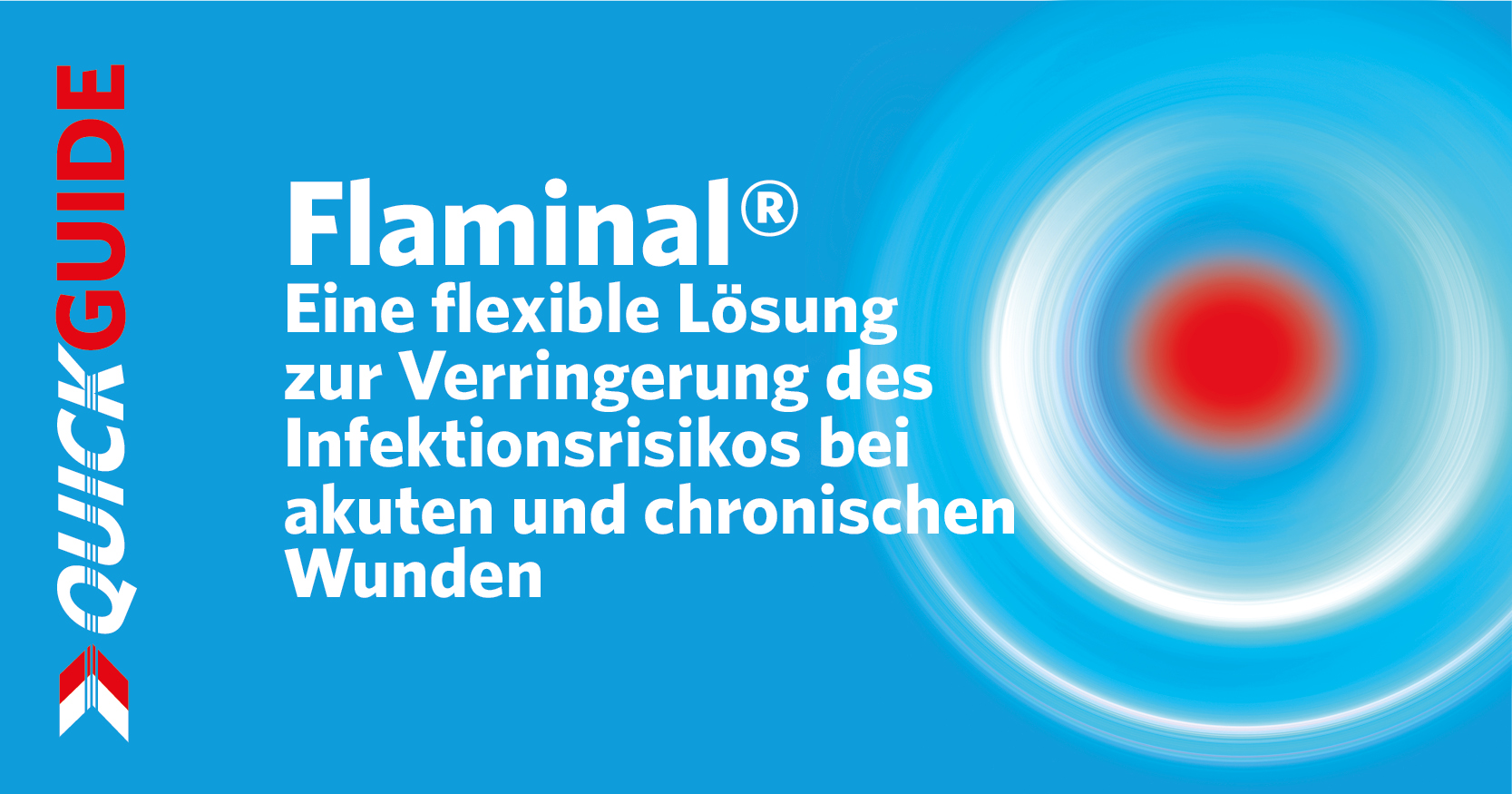Leg ulceration affects 1.5% of the adult population and the management of these wounds is costly to the NHS (Guest et al, 2017). The impact to individuals quality of life has been frequently reported and the literature documents that lower limb ulceration can affect a wide range of patients quality of life including self-esteem, pain, sleep, social isolation, physical mobility, less vitality, restricted social function, and restrictions with social interaction, work capacity, and psychological well-being (Herber et al, 2007; Hopman et al, 2016; Persoon et al, 2004; Green et al, 2014). Even though many practitioners are aware of these factors and try to empathise with the individual patient, at times the true impact of living with a chronic wounds can be over looked or even forgotten, as the nurse focuses on the clinical aspect of wound care. This article will share a personal account from a patient who has been suffering from leg ulceration for over a decade. The aim of this article is to raise the true individual impact of living with a chronic wound and to try to ensure this remains paramount in the minds of all practitioners caring for patients with lower limb ulceration.







